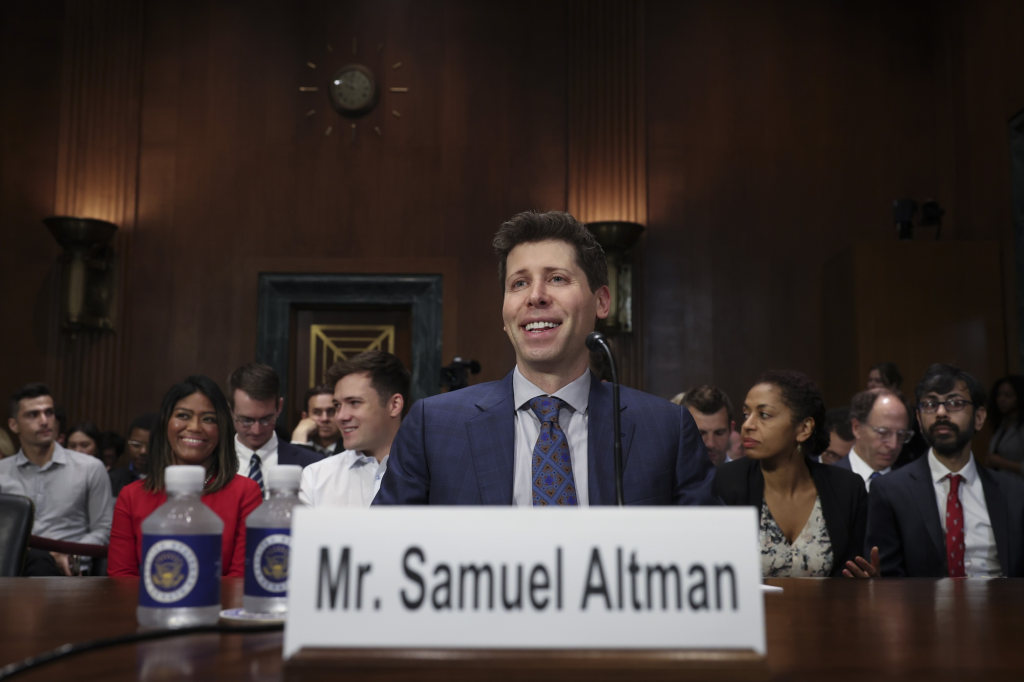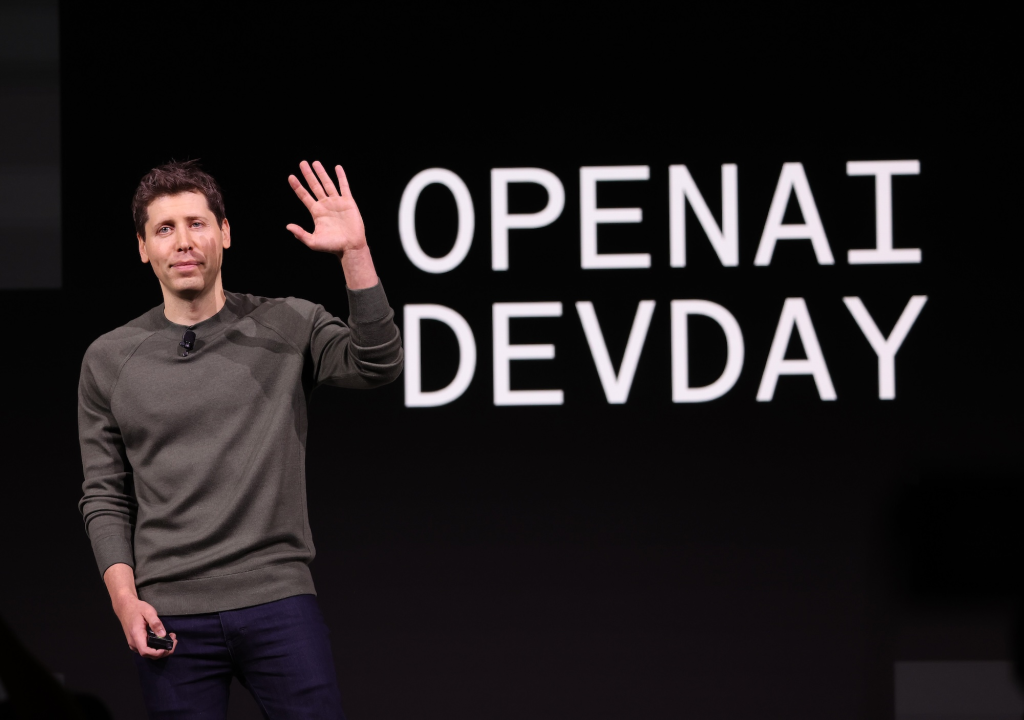The Leadership Crisis at OpenAI: Winners and Losers
The Leadership Crisis at OpenAI: Winners and Losers

In the fast-paced world of artificial intelligence (AI), even the most influential companies can find themselves embroiled in leadership crises. This was the case for OpenAI, a prominent player in the AI field, which recently experienced a tumultuous week of upheaval and uncertainty. The outcome of this crisis has significant implications for both OpenAI and the wider AI community. In this article, we will explore the winners and losers of this leadership debacle and examine the impact it may have on the future of OpenAI and the AI industry as a whole.
The Return of Sam Altman

One of the clear winners in this entire debacle is Sam Altman, who was unceremoniously removed from his position as CEO of OpenAI, only to be reinstated shortly thereafter. Altman swiftly rallied support from the majority of OpenAI’s staff, who signed a loyalty pledge, highlighting the deep divide between Altman and the board. His return to OpenAI, triumphant over the board that had fired him, serves as a personal vindication for Altman. It reinforces his carefully cultivated image as a charismatic visionary who is single-handedly unlocking the secrets of the universe.
Microsoft’s Influence and Priorities

Microsoft, a key player in the tech industry, holds a significant stake in OpenAI and was closely involved in the recent leadership crisis. While Microsoft CEO Satya Nadella downplayed the company’s role in the situation, it is clear that Microsoft has a vested interest in the governance of OpenAI. Nadella emphasized the importance of ensuring uninterrupted delivery of AI technology to Microsoft’s customers, whether that meant Altman being hired by Microsoft or his reinstatement at OpenAI. Microsoft’s integration of OpenAI’s ChatGPT into Bing search and other products further solidifies its influence in the AI space.
New Board Members and Their Impact

As part of the resolution to the crisis, OpenAI named two new board members: Bret Taylor, the former co-CEO of Salesforce, and Larry Summers, the former Treasury Secretary. These appointments align OpenAI more closely with the country’s wealthiest and most influential elite. Taylor’s background includes serving as the chief technology officer of Facebook and successfully orchestrating Elon Musk’s acquisition of Twitter. Summers, however, has attracted controversy in the past for his comments on women’s underrepresentation in scientific professions. The addition of these board members further shapes the direction and governance of OpenAI.
The Push for Rapid AI Development
The resolution of the leadership crisis not only reinforces Altman’s vision but also bolsters the ideology of rapid commercialization of generative AI. Some of the board members who were pushed out during the crisis held deep concerns about the long-term risks and existential threats posed by AI. However, their departure may signal a shift away from these cautious perspectives. OpenAI employees who threatened to quit reported that some board members believed the destruction of the company would be consistent with its mission of ensuring AI’s benefits for humanity. This clash of ideologies has far-reaching implications for the trajectory of AI development.
The Fallout for AI Skeptics and Effective Altruism
The recent leadership crisis and its resolution may have lasting consequences for AI skeptics and the effective altruism movement. Some deep skeptics of AI, who have called for pauses in its development and greater consideration of long-term risks, have suffered a blow to their credibility. OpenAI’s commitment to responsible AI development remains intact, but the dispute has brought to the forefront the push to make AI accessible to the public. Figures like Altman, who advocate for AI regulation and public engagement, are likely to continue shaping the global debate on AI rules and regulations.
Conclusion: Ripple Effects and Future Developments
The OpenAI leadership crisis has had wide-ranging effects on the company, its stakeholders, and the AI industry as a whole. Sam Altman’s return as CEO represents a personal victory and reinforces his image as a visionary leader. Microsoft’s continued involvement in OpenAI highlights its influence and priorities in the AI space. The appointment of new board members brings a fresh perspective and aligns OpenAI with the country’s elite. The resolution also supports the rapid commercialization of AI, potentially overshadowing concerns about long-term risks. The fallout for AI skeptics and the effective altruism movement underscores the ongoing debate surrounding responsible AI development. As the dust settles, the true impact of this leadership crisis will become clearer, shaping the trajectory of AI development for years to come.
Note: The primary keyword and secondary keywords will be incorporated organically throughout the article to ensure a seamless flow of information.



